Why Coaching?
In today’s fast-changing, high-pressure work environment, organisations need more than training—they need transformation. Professional coaching offers a powerful partnership that empowers individuals and teams to grow, lead, and perform at their best.
At its core, coaching is not about giving advice or delivering ready-made answers. It’s about partnering in a thought-provoking, creative process that unlocks insight, inspires action, and maximises potential—professionally and personally.
We believe that every individual is resourceful, capable, and whole. Our role as coaches is to draw out that potential by helping clients:
• Clarify their goals and align actions accordingly
• Explore new perspectives and self-awareness
• Generate their own strategies and solutions
• Stay accountable to their vision and results
The outcome? Stronger leadership, sharper focus, and measurable progress.
Is Coaching Right for You or Your Organisation?
Coaching is ideal for professionals and teams who:
• Are navigating complexity, change, or growth
• Want to accelerate results or close performance gaps
• Need clarity around tough decisions or evolving roles
• Feel stuck or off-balance—and want to regain control
• Want to leverage core strengths more effectively
If you’re ready to commit time and energy toward real development and value collaboration, coaching could be a powerful fit.
How Coaching Differs from Other Support Approaches
Understanding what coaching is not helps clarify what makes it uniquely valuable:
• Therapy focuses on healing emotional wounds and resolving past issues.
→ Coaching is forward-looking and goal-driven.
• Consulting offers expert diagnosis and prescribed solutions.
→ Coaching trusts that clients can generate their own answers, with support.
• Mentoring involves guidance from someone with direct experience.
→ Coaching does not give advice—it helps individuals find their own path.
• Training delivers knowledge through a set curriculum.
→ Coaching adapts to the client’s needs, with outcomes defined by the individual or team.
Here’s how we do it:
Meta-Coaching: Facilitating transformation from the inside out
Meta-Coaching works at the structural level—not just addressing what people think, but how they think. Instead of giving advice, we guide leaders and teams to:
• Access their internal resources
• Clarify their goals
• Develop critical thinking and problem-solving skills
• Take ownership of decisions and outcomes
By focusing on process rather than content, Meta-Coaching builds self-leadership. Clients learn how to “run their own brain,” navigate complexity, and create sustainable change—skills essential for leadership in a fast-paced, high-stakes world.
What Makes Coaching Valuable for Leaders?
Coaching isn’t just a development tool—it’s a strategic lever to:
• Equip managers to lead more effectively in matrixed and cross-functional environments
• Improve communication, delegation, and collaboration
• Support talent through transitions, promotions, and performance challenges
• Build a leadership pipeline prepared for real-world complexity
Let’s Talk About What’s Possible
Whether you’re looking to support a single leader or roll out coaching across your organisation, we can help you design the right approach.
Contact us to schedule an introductory session.
In today’s fast-changing, high-pressure work environment, organisations need more than training—they need transformation. Professional coaching offers a powerful partnership that empowers individuals and teams to grow, lead, and perform at their best.
At its core, coaching is not about giving advice or delivering ready-made answers. It’s about partnering in a thought-provoking, creative process that unlocks insight, inspires action, and maximises potential—professionally and personally.
We believe that every individual is resourceful, capable, and whole. Our role as coaches is to draw out that potential by helping clients:
• Clarify their goals and align actions accordingly
• Explore new perspectives and self-awareness
• Generate their own strategies and solutions
• Stay accountable to their vision and results
The outcome? Stronger leadership, sharper focus, and measurable progress.
Is Coaching Right for You or Your Organisation?
Coaching is ideal for professionals and teams who:
• Are navigating complexity, change, or growth
• Want to accelerate results or close performance gaps
• Need clarity around tough decisions or evolving roles
• Feel stuck or off-balance—and want to regain control
• Want to leverage core strengths more effectively
If you’re ready to commit time and energy toward real development and value collaboration, coaching could be a powerful fit.
How Coaching Differs from Other Support Approaches
Understanding what coaching is not helps clarify what makes it uniquely valuable:
• Therapy focuses on healing emotional wounds and resolving past issues.
→ Coaching is forward-looking and goal-driven.
• Consulting offers expert diagnosis and prescribed solutions.
→ Coaching trusts that clients can generate their own answers, with support.
• Mentoring involves guidance from someone with direct experience.
→ Coaching does not give advice—it helps individuals find their own path.
• Training delivers knowledge through a set curriculum.
→ Coaching adapts to the client’s needs, with outcomes defined by the individual or team.
Here’s how we do it:
Meta-Coaching: Facilitating transformation from the inside out
Meta-Coaching works at the structural level—not just addressing what people think, but how they think. Instead of giving advice, we guide leaders and teams to:
• Access their internal resources
• Clarify their goals
• Develop critical thinking and problem-solving skills
• Take ownership of decisions and outcomes
By focusing on process rather than content, Meta-Coaching builds self-leadership. Clients learn how to “run their own brain,” navigate complexity, and create sustainable change—skills essential for leadership in a fast-paced, high-stakes world.
What Makes Coaching Valuable for Leaders?
Coaching isn’t just a development tool—it’s a strategic lever to:
• Equip managers to lead more effectively in matrixed and cross-functional environments
• Improve communication, delegation, and collaboration
• Support talent through transitions, promotions, and performance challenges
• Build a leadership pipeline prepared for real-world complexity
Let’s Talk About What’s Possible
Whether you’re looking to support a single leader or roll out coaching across your organisation, we can help you design the right approach.
Contact us to schedule an introductory session.
"Provide great insights to human behaviour and how to deal with the various types. Mark Liew did an excellent job. Will be recommending this course."
~ Mark Castellas, Deutsche Bank.
